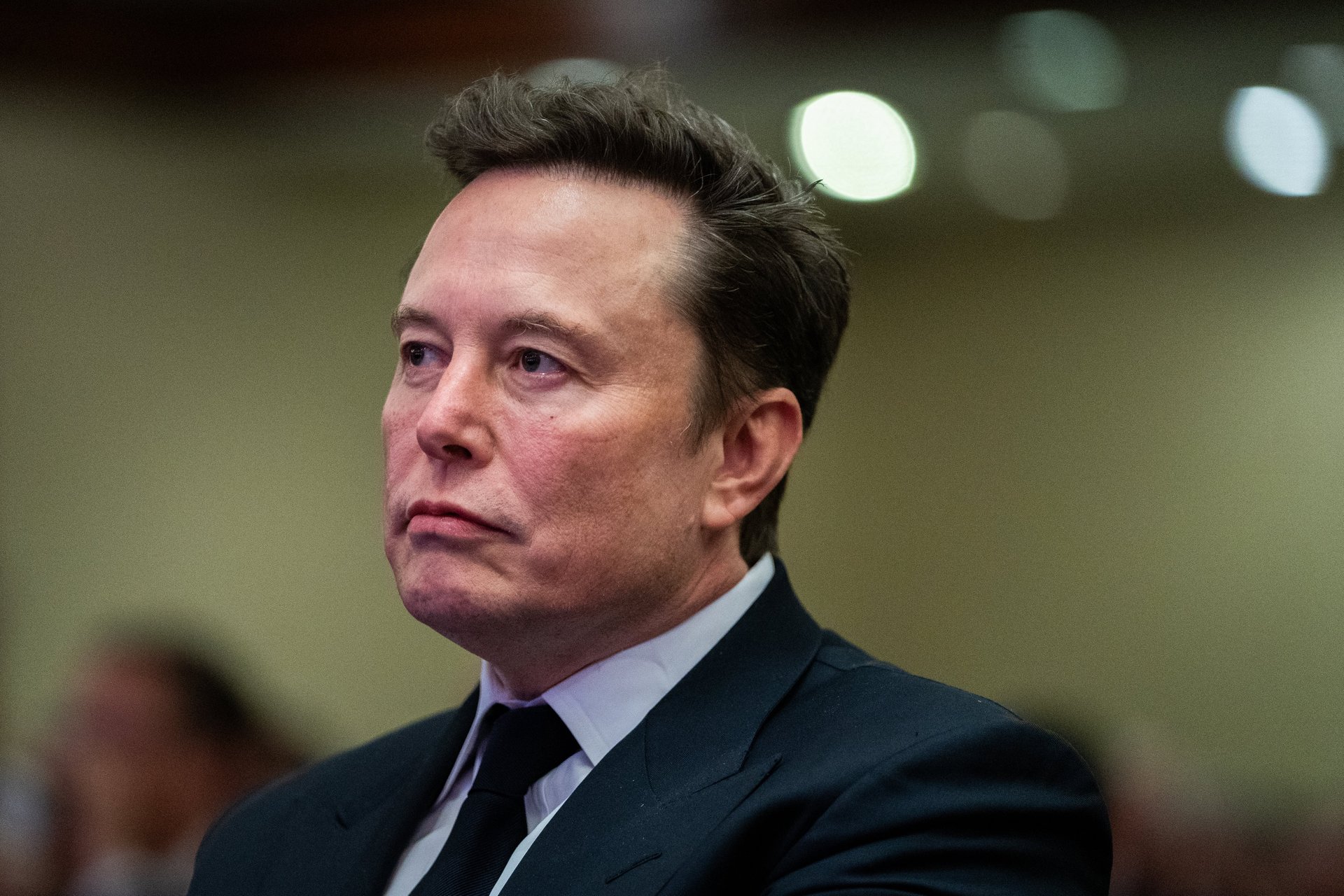A Chinese brain chip company could soon surpass Elon Musk's Neuralink
The state-owned brain chip company plans to implant its experimental device on at least 13 patients by the end of the year

A Chinese brain chip company could surpass Elon Musks’ Neuralink in number of patients implanted with its experimental tech later this year.
Suggested Reading
A collaboration between the Beijing-based Chinese Institute for Brain Research (CIBR) and the state-owned NeuCyber NeuroTech is planning to implant its brain chip, Beinao No. 1, in 13 people by the end of the year, according to Luo Minmin, CIBR’s director and NeuCyber’s chief scientist. Luo spoke to reporters at tech-focused Zhongguancun Forum in Beijing, Reuters reported.
Related Content
So far, three patients have been implanted with the device. Recently published videos show individuals with paralysis using the chip to control a robotic arm.
By comparison, three people have been implanted with Neuralink’s brain chip.
Neuralink is testing a more invasive device that is implanted directly into the brain — unlike NeuCyber’s current device, which sits on the brain’s surface. The company aims to help people with paralysis control smartphones and computers using only their thoughts. Last February, Neuralink implanted its chip in its first patient, 30-year-old quadriplegic Noland Arbaugh, who has since used it to play video games like Mario Kart, Civilization, and chess.
“I’ve had no negative side effects,” Arbaugh wrote in an update this month posted on the social media platform X.
Last year, CIBR and NeuCyber announced that their invasive brain chip, Beinao No. 2, had been successfully tested on a monkey, allowing it to control a robotic arm. Luo said a version of Beinao No. 2, similar to Neuralink’s design, is in development and could be tested on humans within the next 12 to 18 months.
Synchron, another Neuralink competitor, currently leads in the number of human trials, with 10 patients — six in the United States and four in Australia. Synchron’s investors include billionaires Jeff Bezos and Bill Gates.